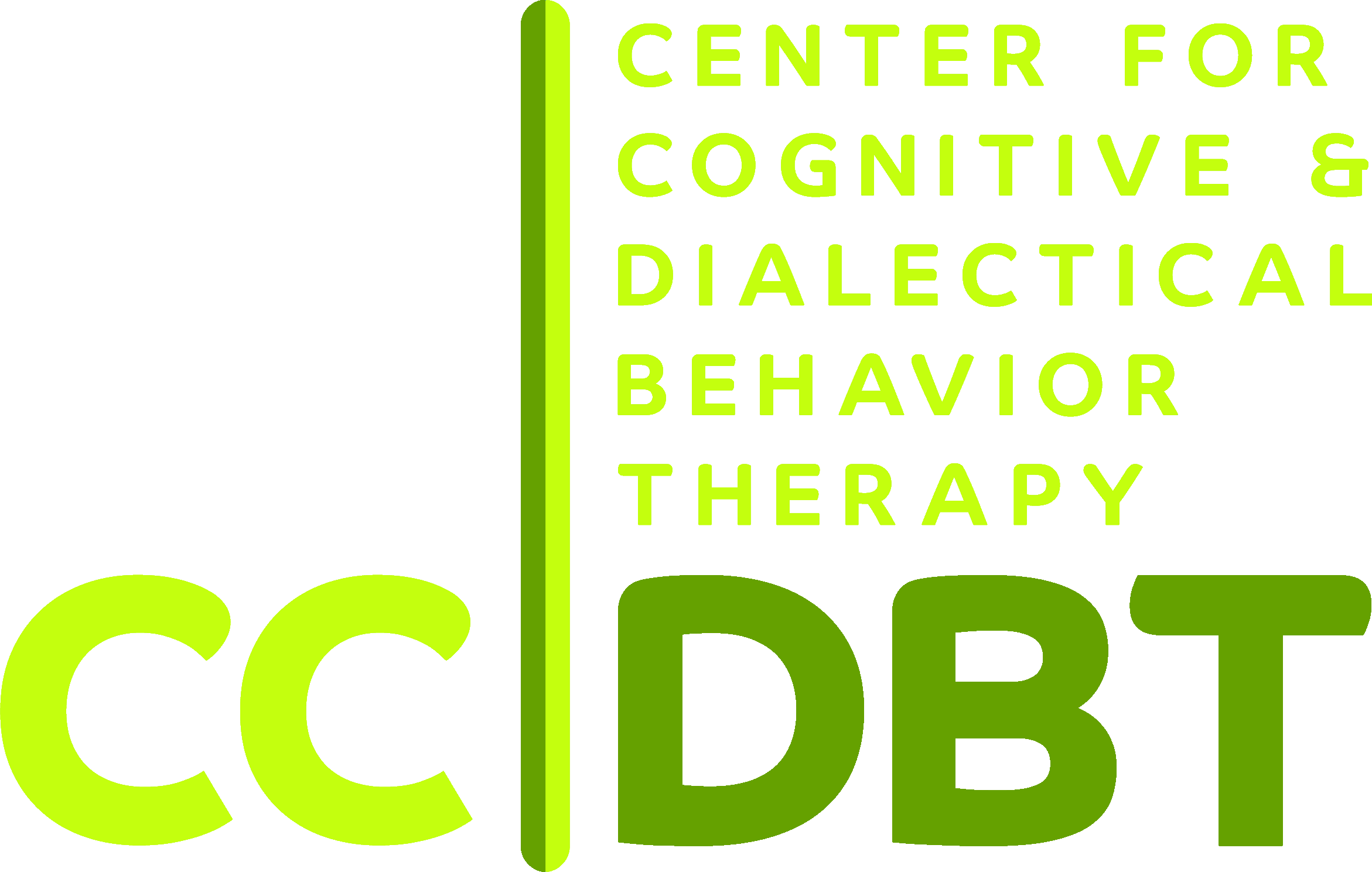Cognitive Processing Therapy (CPT)
CPT is an evidence-based therapy for PTSD. Studies have demonstrated that CPT significantly reduces symptoms of PTSD as well as other comorbid symptoms, such as depression, anxiety, and anger. Traumatic experiences, as well as the way we have thought about or made sense of the experiences and how others have reacted to our experiences, can lead us to develop negative thoughts that interfere with our lives and damage our relationships.
These damaging and likely inaccurate thoughts might sound like:
- “I could’ve prevented it – it’s all my fault”
- “The world is a dangerous place”
- “I cannot trust other people”
- “My gut is all wrong about people or situations”
Even though these thoughts make sense given the experience, they may be interfering with your ability to function in your life. CPT helps to identify and shift these thoughts that cause distress or keep you “stuck.” This process can help change how you feel and act, make sense of the trauma, and decrease avoidance of trauma-related thoughts, feelings, or reminders that may be negatively impacting you.
What Will Treatment Look Like?
Treatment involves exploring your trauma-related symptoms and how they impact your life; building awareness of your thoughts and feelings; learning skills to help you challenge, question, or balance your thoughts; and identifying how trauma has affected your beliefs about safety, trust, control, self-esteem, and relationships. There are two versions of CPT; one involves writing a narrative of the trauma, and the other does not. Research has shown that both versions are effective. CPT generally consists of twelve 50-minute sessions, though can be extended as needed. Partners or loved ones may be integrated into treatment depending on the situation.

